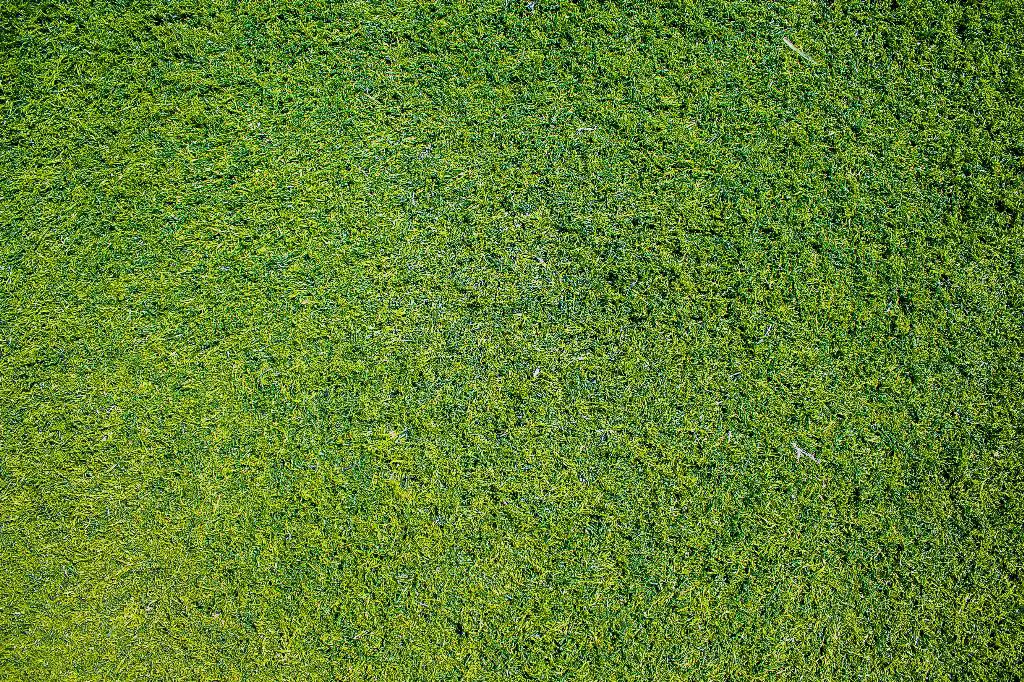When it comes to maintaining a lush, healthy lawn, incorporating humic acid into your lawn care routine can make a significant difference. Humic acid is a natural compound that is derived from the decomposition of organic matter, such as dead plants and animals. This powerful substance can work wonders for your lawn by enhancing nutrient availability and promoting robust root development.
One of the key benefits of using humic acid on your lawn is its ability to improve soil structure. By adding humic acid to your soil, you can enhance its ability to hold onto essential nutrients, preventing them from being washed away by rain or irrigation. This means that your grass will have access to a steady supply of nutrients, helping it to flourish and thrive.
In addition to improving nutrient uptake, humic acid can also aid in water retention. By enhancing the soil’s ability to retain moisture, humic acid can help reduce the amount of water your lawn needs, making it more resilient to drought conditions. This not only benefits the health of your grass but also helps conserve water, making your lawn care routine more environmentally friendly.
Furthermore, the use of humic acid can promote stronger root growth in your grass. As humic acid helps to create a favorable environment for root development, your grass will be able to establish deeper, more extensive root systems. This can result in a more stable and resilient lawn that is better equipped to withstand stressors such as foot traffic, extreme weather, and pests.
Another important benefit of humic acid is its ability to enhance the overall health and vigor of your lawn. By providing essential nutrients and promoting optimal soil conditions, humic acid can help your grass reach its full potential. Healthier grass is not only more attractive to look at but also more resistant to diseases and pests, reducing the need for chemical treatments.
Additionally, the use of humic acid can improve the effectiveness of fertilizers and other lawn care products. By enhancing nutrient availability and uptake, humic acid can help maximize the benefits of fertilizers, ensuring that your grass receives the nourishment it needs to grow strong and healthy. This can result in a more cost-effective lawn care regimen, as you will need to use less fertilizer to achieve the same results.
Moreover, humic acid can play a crucial role in balancing soil pH levels. Soil acidity or alkalinity can impact nutrient availability to plants, affecting their growth and overall health. Humic acid helps to buffer pH levels, ensuring that your grass has access to the right balance of nutrients for optimal growth and vitality.
Another lesser-known benefit of humic acid is its ability to detoxify the soil by binding to harmful substances and preventing them from being taken up by plants. This can be particularly beneficial if your lawn has been exposed to contaminants such as heavy metals or pesticides, helping to protect your grass from potential harm.
Furthermore, the use of humic acid can stimulate microbial activity in the soil. Beneficial soil microbes play a vital role in breaking down organic matter, releasing nutrients, and improving soil structure. By promoting a healthy microbial community, humic acid can create a more robust ecosystem in your lawn, supporting the growth and vitality of your grass.
Overall, incorporating humic acid into your lawn care routine can have a multitude of positive effects on the health and appearance of your grass. From enhancing nutrient availability and root growth to improving soil structure and water retention, humic acid is a versatile and powerful tool for promoting a thriving lawn. By utilizing this natural compound, you can create a greener, lusher, and more sustainable lawn that you can be proud of.

